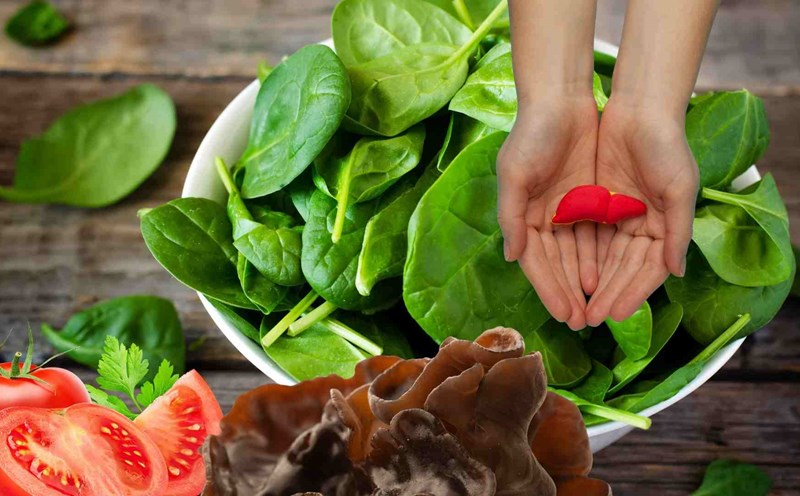Irritable bowel syndrome (IBS) is a common condition that affects many individuals, causing discomfort such as abdominal pain, bloating and changes in bowel habits, says Kanikka Malhotra, a nutritionist and diabetes educator in India.
Managing your daily diet is important to reducing symptoms, as certain foods are known to aggravate IBS.
Fatty foods
Fatty foods such as fried foods and creamy sauces can significantly increase bowel movements, leading to symptoms such as diarrhea and abdominal discomfort. Fatty foods slow down digestion and worsen IBS symptoms such as bloating and discomfort. Reducing these foods in your diet can have a positive impact on your gut health.
Caffeine and carbonated drinks
Caffeine is commonly found in coffee, tea and energy drinks… it stimulates the digestive system, which can lead to increased bowel movements and diarrhea.
Carbonated drinks, such as soda, introduce carbon dioxide into the digestive tract, leading to gas and bloating. Cutting out caffeine and carbonated drinks can help reduce symptoms of gas and discomfort.
Artificial sweeteners
Sweeteners such as sorbitol, mannitol, and xylitol, commonly found in sugar-free products, are poorly absorbed in the gut, leading to fermentation by gut bacteria. This can cause gas, bloating, and diarrhea. Therefore, avoiding artificial sweeteners is an important step in managing IBS.
FODMAP
Foods rich in FODMAPs (Fermentable Oligosaccharides, Disaccharides, Monosaccharides, Polyols) such as garlic, onions and some fruits like apples are poorly absorbed in the small intestine.
These carbohydrates ferment in the gut, leading to gas and bloating, which can cause diarrhea or constipation. Moderating your intake of FODMAP-rich foods can help reduce the severity of these symptoms.
The Importance of a Balanced Diet for IBS
A balanced diet is essential for people with IBS, as it can significantly reduce the severity of symptoms, says Kanikka Malhotra. A low-FODMAP diet can help reduce symptoms by limiting foods that trigger fermentation in the gut.
Additionally, adjusting your fiber intake, staying hydrated, and avoiding foods like caffeine, fat, and artificial sweeteners can help manage IBS more effectively. Nutritionists also emphasize the importance of eating smaller, more frequent meals to avoid overloading the digestive system.









